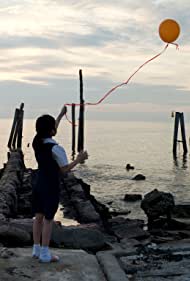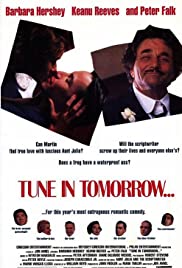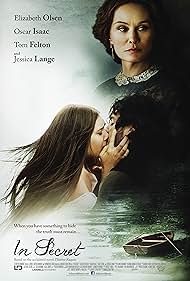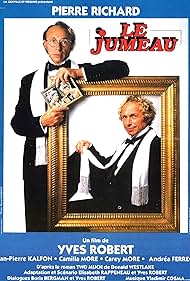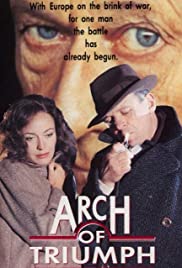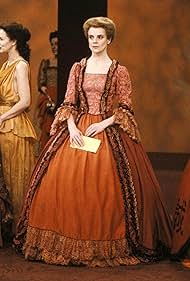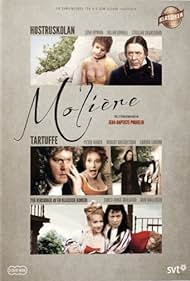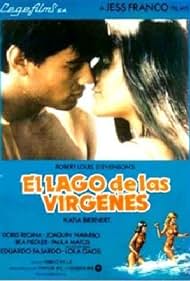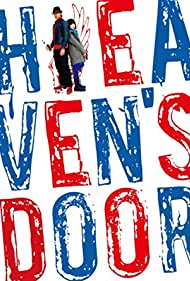Crime and Punishment Soundtrack (2002)

Buy on Amazon Play and download Soundtracks
Crimen y castigo
Delitto e castigo
Crime and Punishment - Du sollst nicht töten
Crime and Punishment
Crime and Punishment
Crime and Punishment - Du sollst nicht töten
Synopsis
Crime and Punishment is a novel by Fyodor Dostoevsky that follows the story of Rodion Raskolnikov, a young and impoverished ex-student in St. Petersburg. Raskolnikov formulates a plan to kill a pawnbroker for her money, believing himself to be a superior being who is above the law. After committing the murder, he is consumed by guilt and paranoia, leading to a psychological and moral breakdown.
The novel explores themes of morality, redemption, and the consequences of one's actions. Raskolnikov's inner turmoil and struggle with his conscience are central to the story, as he grapples with the idea of whether he can truly justify his crime. As the police close in on him, Raskolnikov must confront the reality of his actions and come to terms with the punishment that awaits him.
Crime and Punishment is considered one of Dostoevsky's greatest works and a masterpiece of Russian literature. It delves into the complexities of human nature and the eternal struggle between good and evil, making it a timeless and thought-provoking read.
Download and play the Soundtrack list
| Play | Title | Artist |
|---|---|---|
|
Crime and Punishment
|
||
|
Harang, Pt. 2 - From "Sátántangó"
|
Vig Mihály:
Artist
|
|
|
Specially for You
|
DakhaBrakha:
Artist
|
|
|
The Tale of the Buffoon Suite, Op. 21a, "Chout": X. Fifth Entr'acte and the Goatr's burial
|
||



